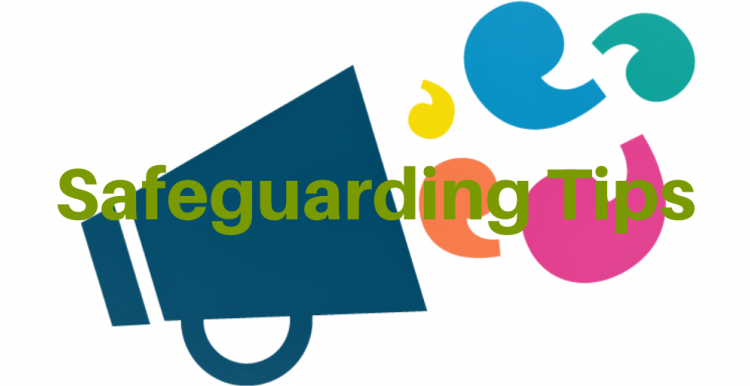Safeguarding Tips

1. Each group should nominate someone to act as Lead for Safeguarding to escalate any identified safeguarding concerns including:
- mental health issues
- domestic abuse incidents
- child abuse
- any financial irregularity such as taking money for shopping which is never delivered
Ideally this person should undertake safeguarding training. To help during this crisis, SAFE is offering its courses at cost price of £6 each, (normally £27.99) under community objectives.

2. All volunteers should receive clear guidance (see downloadable flowchart) of what to do if they become concerned about any individual or incident and know how to record (see downloadable record sheet pdf or Word).
3. A recording and tracking system should be implemented
4. All volunteers should live locally or be known to others in the group.
5. No close face-to-face contact should be made when delivering shopping or medicines. Volunteers should not enter the home of anyone who is self- isolating.
6. All food delivered must be appropriate for any food allergies and dietary requirements and items requiring refrigeration or freezing should be delivered promptly.
7. The person being helped should be aware of any financial payments due and how payment is made securely and safely.
8. Ideally, prescription medicines should always be picked up someone known to the patient and arrangements made with the dispensary.
9. Everyone receiving help should understand how to report any concerns regarding the service they receive or volunteers within the group
10. Everyone should be aware of any escalation of ill-health of volunteers or those at home and refer to NHS 111 online.
For advice from the Government on how to volunteer and stay safe please click here

